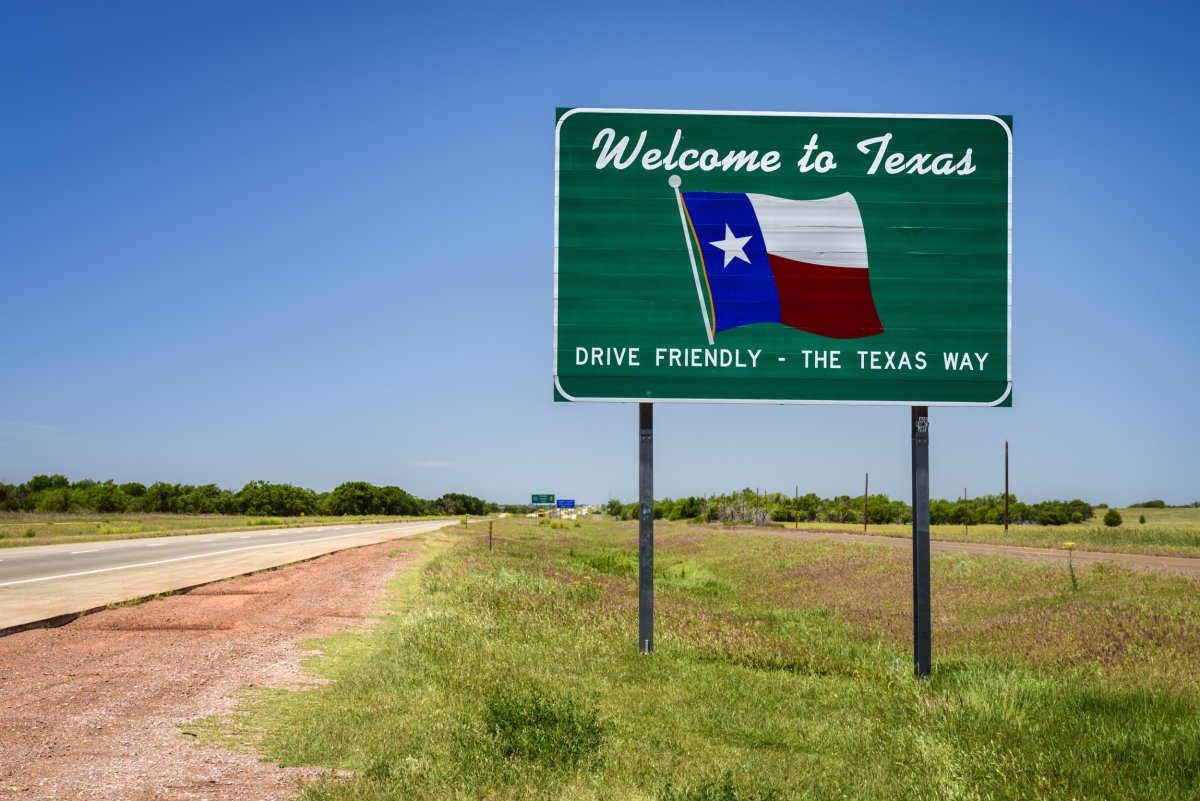Texas Has the Fewest Personal Freedoms
Nov 22, 2023 at 6:22 PM ESTBy Suzanne Blake
Reporter, Consumer & Social Trends
FOLLOW
Texas was found to be the state with the fewest personal freedoms, according to the Cato Institute's new Freedom Index.
The index is a yearly measure of both economic and personal freedoms at the state level. The methodology looks at issues from taxation to debt, as well as eminent domain laws, occupational licensing, drug policy and educational choice.
While Texas came in at number 17 for its overall freedom score, buoyed by considerable wins in economic freedom, the state lagged significantly behind when it came to personal freedoms, coming in dead last. Personal freedoms include gambling, tobacco, marriage, education, cannabis, alcohol, and several others.
In the overall freedom rankings, New Hampshire rated number 1, followed by Florida and South Dakota, while New York was dead last, with Hawaii 49th and California 48th. For personal freedoms, Nevada came tops followed by Arizona and Maine, with Wyoming 48th and Idaho 49th.

State sign. Texas came in dead last for personal freedoms in a Cato Institute ranking.MIROSLAV_1/GETTY IMAGES
"Texas is a paradigmatic case, finishing dead last in personal freedom despite a top-10 economic freedom score," the study said. "Texans may be unhappy with their weak personal freedom showing, but it reflects poor criminal justice policies and the fact that the Lone Star State is increasingly behind the curve on cannabis, education, and gambling freedoms."
From 2000 and 2022, Texas only grew 0.25 points in its overall freedom score, showing there's still a considerable gap compared to other states that scored well.
Marijuana in Texas
The state outlaws the use of recreational or medicinal marijuana, and anyone who possesses up to two ounces of weed may face Class B misdemeanor charges.Nationally, 24 states alongside Washington, D.C., have allowed recreational marijuana use. A total of 40, excluding Texas, have allowed for medical marijuana, although Texans do have a small concession for certain patients to be prescribed marijuana with only 1 percent THC by weight (the national average is 19.2 percent, per the National Institute for Health).
Criminal Justice in Texas
The largest issue for Texas, when it came to its low personal freedom score, concerned its criminal justice system, the study's researcher said.
"Texas still has higher than average incarceration rates for its violent and property crime rates, even after modest criminal justice reforms," Jason Sorens, the senior research faculty at the American Institute for Economic Research and a lead index author, told Newsweek. "Marijuana hasn't been liberalized at all. You can still get life imprisonment for a single marijuana offense not involving minors, and there are mandatory minimums for marijuana offenses as well."
Arrest rates for 'victimless crimes' were also higher than average, though they fell over the last decade, he said.
Gambling & Education in Texas
Additionally, Texas sees limited gambling and education freedom.'Unusually for a conservative-leaning state, Texas has no private school choice programs," Sorens said.
Texas also requires a thumbprint to get a driver's license, reflecting the state's larger lack of freedom.
What does it all mean?
Across all states, New Hampshire was found to be the state with the most freedom, while New York took in a dismal 50th place. New York has been listed as the least free state on the Cato Index for more than 20 years straight."We don't find any relationship between personal freedom and economic growth," Sorens said. "But we do find that states with more personal freedom attract more people from other states."
Nevada was the best state for personal freedom, and hundreds of thousands move to the state in search of those benefits each year.
While Texas has limited freedom on the personal level, it's unlikely to make a difference because the state has a solid housing and jobs market, with the exception of Austin. In Texas, the median home price is $357,388, while mortgage rates are at 7.2 percent. This is desirable for many compared to the national median, at $422,550, according to RealAdvisor.com.
"So far, Texas hasn't had a problem attracting people with lower housing costs and a good job market," Sorens said. "It could probably do even better with more personal freedom."
Update 11/23/23 11:07 a.m. ET: This article was updated with additional information.



